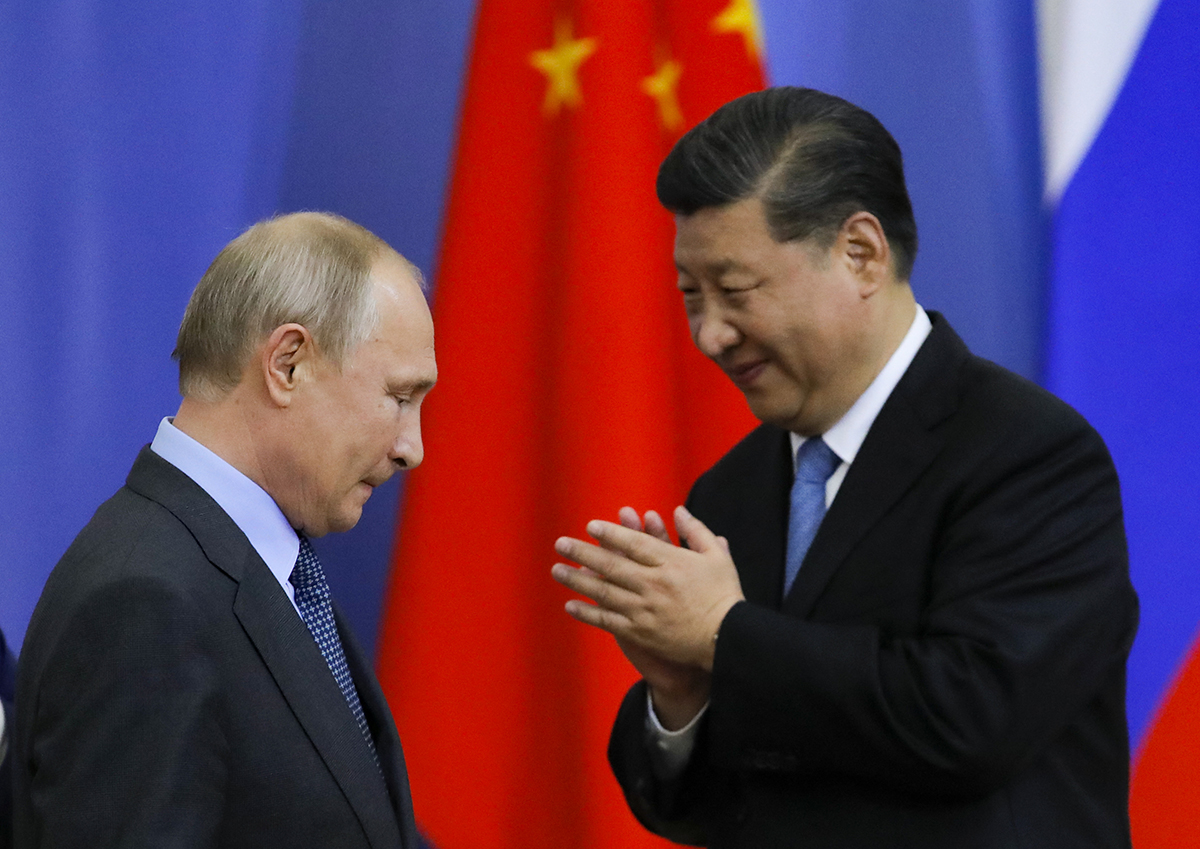30-luvulla tuollainen kikkailu otettiin jo huomioon: Mustallamerellä 'vierailevat' alukset on rajoitettu yhteistonnistoltaan (oliko tyyliin 15 000 tonniin). Ja alueella sai olla vain rajatun ajan, muutaman viikon.
Lainaan wikipediasta sopimusta käsittelevästä artikkelista kohdasta Terms:
LÄHDE
As mentioned in its preamble, the Convention annulled the previous Lausanne Treaty on the Straits, which stated the demilitarization of the
Greek islands of
Lemnos and
Samothrace, along with the demilitarization of the
Dardanelles, the
Sea of Marmara and the
Bosporus, and the Turkish islands of
İmroz,
Bozcaada and
Tavşan.
The Convention consists of 29 Articles, four annexes and one protocol. Articles 2–7 consider the passage of merchant ships. Articles 8–22 consider the passage of war vessels. The key principle of freedom of passage and navigation is stated in articles 1 and 2. Article 1 provides, "The High Contracting Parties recognise and affirm the principle of freedom of passage and navigation by sea in the Straits". Article 2 states, "In time of peace, merchant vessels shall enjoy complete freedom of passage and navigation in the Straits, by day and by night, under any flag with any kind of cargo".
The International Straits Commission was abolished, which allowed the full resumption of Turkish military control over the Straits and the refortification of the Dardanelles. Turkey was authorised to close the Straits to all foreign warships during a war or when it was threatened by aggression. Also, Turkey was authorised to refuse transit from merchant ships belonging to countries at war with it.
A number of highly specific restrictions in Article 14 and 18 were imposed on what type of warships are allowed passage. Non-Black Sea powers wishing to send a vessel must notify Turkey 15 days prior to the requested passing, and Black Sea states must notify 8 days prior to passage. Also, no more than nine foreign warships, with a total aggregate tonnage of 15,000 tons, may pass at any one time. Furthermore, no single ship heavier than 10,000 tonnes can pass. An aggregate tonnage of all non-Black Sea warships in the Black Sea must be no more than 45,000 tons, with no one nation exceeding 30,000 tons at any given time, and they are permitted to stay in the Black Sea for at most 21 days. Only Black Sea states may transit
capital ships of any tonnage, escorted by no more than two destroyers. Any revision to articles 14 and 18 requires 3/4 majority of signatory countries and must include Turkey.
[21][22][23]
Under Article 12, Black Sea states are also allowed to send submarines through the Straits with prior notice as long as the vessels have been constructed, purchased or sent for repair outside the Black Sea. The less restrictive rules applicable to Black Sea states were agreed as effectively a concession to the Soviet Union, the only Black Sea state other than Turkey with any significant number of capital ships or submarines.
[20][24] The passage of civil aircraft between the Mediterranean and the Black Seas is permitted only along routes authorised by the Turkish government.
[25]
Mielenkiintoinen pätkä samasta artikkelista kohdasta Implementation:
The terms of the Convention were largely a reflection of the international situation in the mid-1930s. They largely served Turkish and Soviet interests by enabling Turkey to regain military control of the Straits and assuring Soviet dominance of the Black Sea.
[25] Although the Convention restricted the Soviets' ability to send naval forces into the Mediterranean Sea, which satisfied British concerns about Soviet intrusion into what was considered a British sphere of influence, it also ensured that outside powers could not exploit the Straits to threaten the Soviet Union. That was to have significant repercussions during
World War II when the Montreux regime prevented the
Axis powers from sending naval forces through the Straits to attack the Soviet Union. The Axis powers were thus severely limited in naval capability in their
Black Sea campaigns and relied principally on small vessels that had been transported overland by rail and canal networks.
Tuo on siis sopimus joka pääasiassa hyödyttää Turkkia ja Venäjää Mustanmeren hallinnoinnin osalta. Tästä huolimatta Stalin & kumppanit eivät olleet tyytyväisiä siihen miten "pieni maa" kuten Turkki saa oikeuden rajoittaa "suuren maan" kykyä käydä sotaa ja alistaa pieniä maita. Olisivat halunneet muutoksia sopimukseen sekä suunnitelleet Bosporinsalmen valtaamista ja pysyvän laivastotukikohdan perustamista sinne (kuulostaako tutulta?). Pian paineen kasvun jälkeen Turkki luopui neutraaliudestaan ja liittyi NATO:n (kuulostaako tutulta?).
Missä Venäjä, siellä ongelma.









